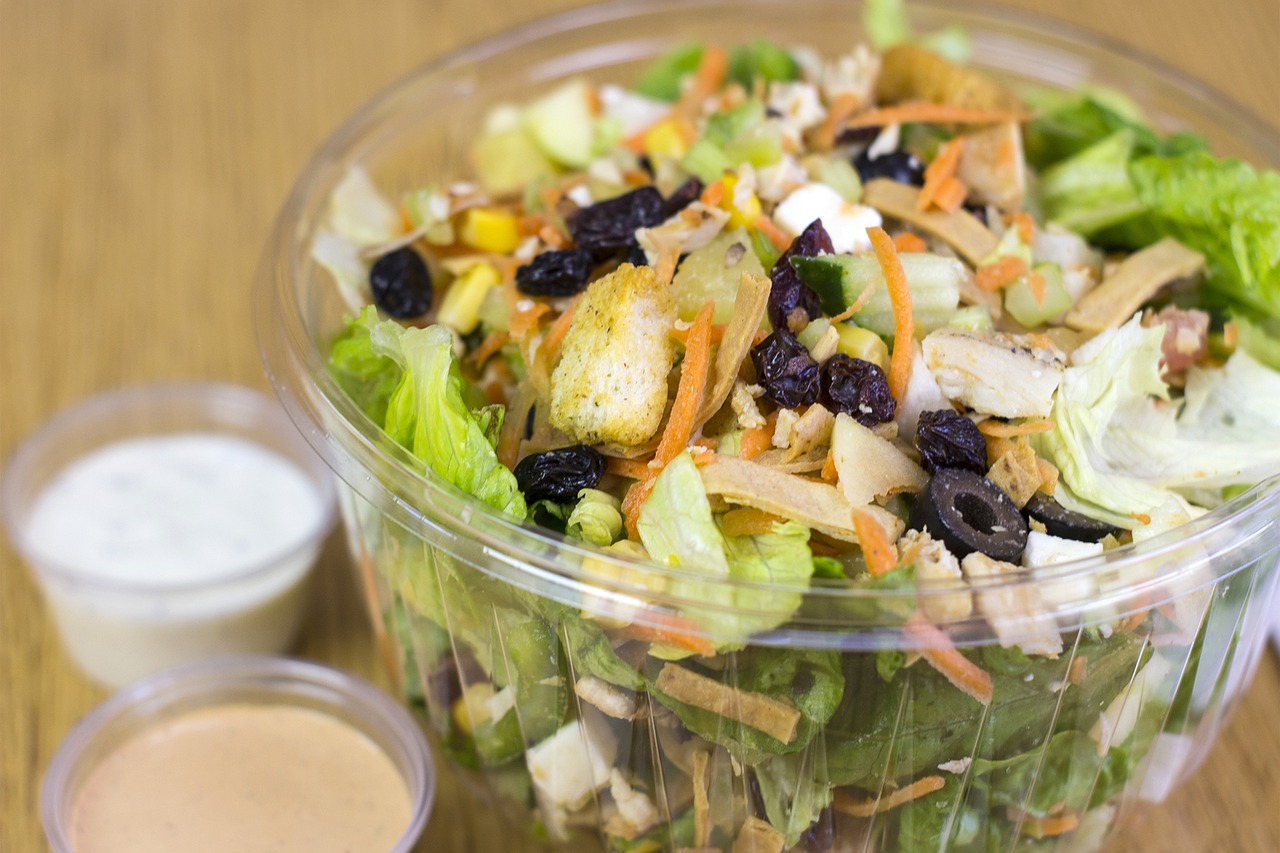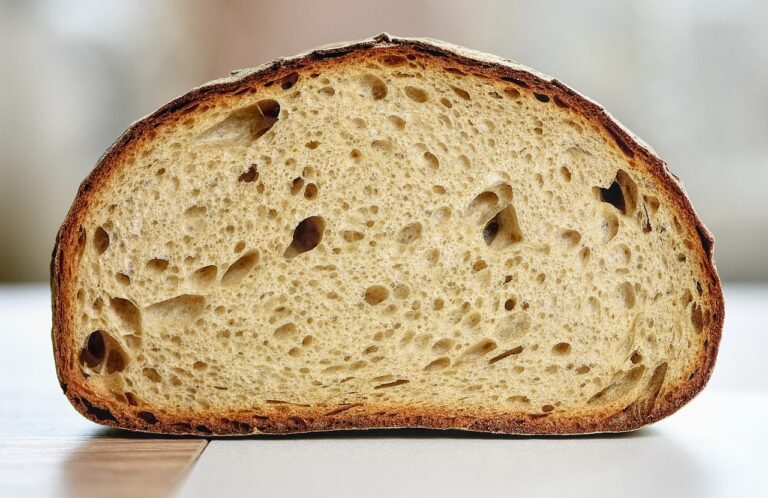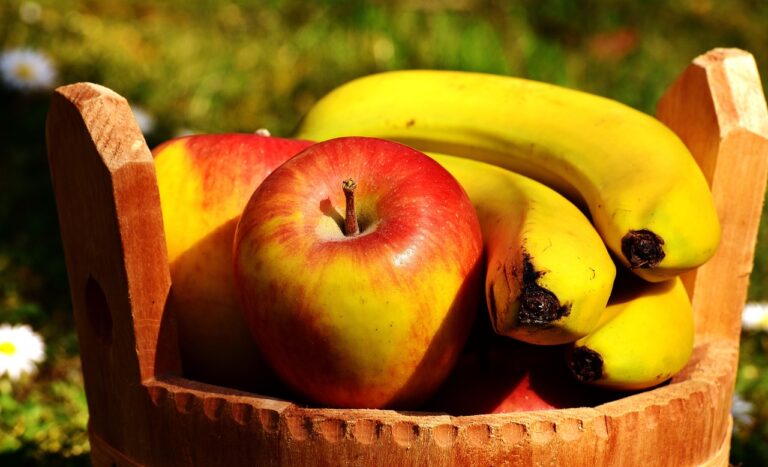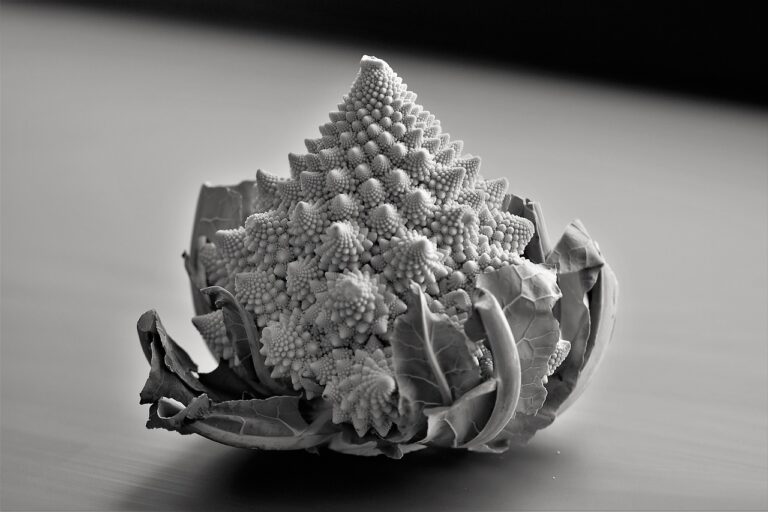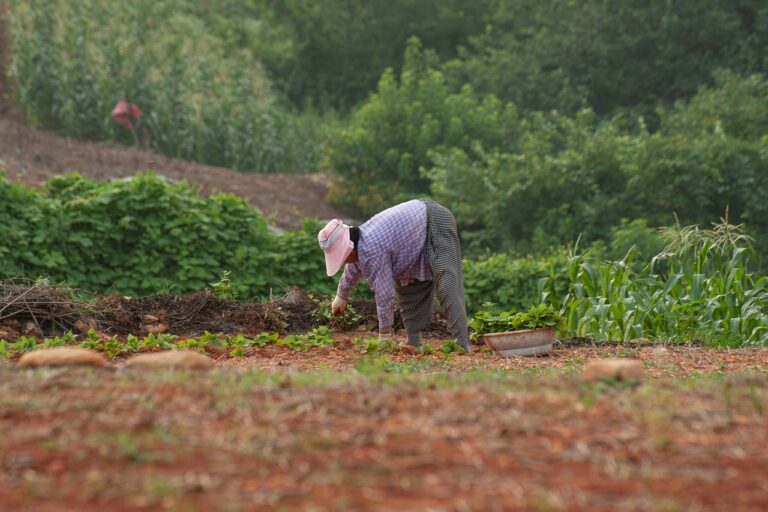Innovations in Crop Breeding for Sustainability: 11xplay online id, India 24 bet login, Sky fair vip
11xplay online id, india 24 bet login, sky fair vip: When it comes to ensuring food security in a rapidly changing world, innovations in crop breeding play a crucial role. With a growing global population and increasing pressure on our natural resources, sustainable crop breeding practices are more important than ever. In this article, we will explore some of the latest innovations in crop breeding that are helping to create more resilient and sustainable agricultural systems.
Plant breeding has been practiced for thousands of years, but recent advances in technology have revolutionized the field. From traditional breeding methods to cutting-edge biotechnology, scientists are constantly working to develop crops that are more productive, nutritious, and environmentally friendly. In the face of climate change, pest and disease pressure, and other challenges, these innovations are essential for ensuring a secure food supply for future generations.
One of the most promising developments in crop breeding is the use of molecular techniques to accelerate the breeding process. With the advent of techniques such as marker-assisted selection and genomic selection, breeders can identify desirable traits more quickly and accurately than ever before. By pinpointing specific genetic markers associated with traits like drought tolerance, disease resistance, and yield potential, breeders can develop new varieties in a fraction of the time it would take using traditional methods.
Another key innovation in crop breeding is the use of genetic engineering to introduce novel traits into crops. While this technology has been met with some controversy, there is no denying its potential to address some of the most pressing challenges facing agriculture today. For example, scientists are working on developing crops that are resistant to diseases and pests, tolerant to extreme weather conditions, and able to thrive in poor soils. By inserting genes from other organisms into crop plants, breeders can create varieties that are better suited to the realities of modern agriculture.
In addition to these molecular techniques, breeders are also exploring new ways to harness the power of nature in their efforts to develop sustainable crop varieties. For example, some researchers are looking at the ways in which plants interact with their environment to identify genes that could be useful for breeding purposes. By studying the processes that allow plants to adapt to stressors like drought, heat, and pests, scientists hope to uncover new ways to improve crop resilience and productivity.
Another exciting area of innovation in crop breeding is the use of big data and machine learning to analyze vast amounts of genetic and phenotypic data. By combining information on the genetic makeup of crops with data on how they perform in different environments, breeders can identify patterns and relationships that would be impossible to detect with the naked eye. This data-driven approach to breeding holds the potential to greatly accelerate the development of new crop varieties that are better adapted to the changing climate and other challenges.
In conclusion, innovations in crop breeding are essential for ensuring the long-term sustainability of our food supply. From molecular techniques to genetic engineering to big data analysis, the field of crop breeding is constantly evolving to meet the needs of a changing world. By harnessing the power of technology and nature, breeders are developing crops that are more resilient, productive, and environmentally friendly than ever before. With continued investment in research and development, we can look forward to a future where agriculture is not only able to feed a growing population but also protect our planet for generations to come.
—
**FAQs**
1. What is crop breeding?
Crop breeding is the science of developing new varieties of crops with desirable traits through controlled pollination and selection.
2. Why is crop breeding important for sustainability?
Crop breeding is important for sustainability because it helps to create crops that are more resilient to climate change, pests, and diseases, as well as more productive and environmentally friendly.
3. What are some of the latest innovations in crop breeding?
Some of the latest innovations in crop breeding include the use of molecular techniques, genetic engineering, and big data analysis to accelerate the breeding process and develop new varieties with improved traits.
4. How can I support sustainable crop breeding?
You can support sustainable crop breeding by choosing to buy products made from sustainably produced crops, supporting research and development in agricultural science, and advocating for policies that promote sustainable agriculture.

